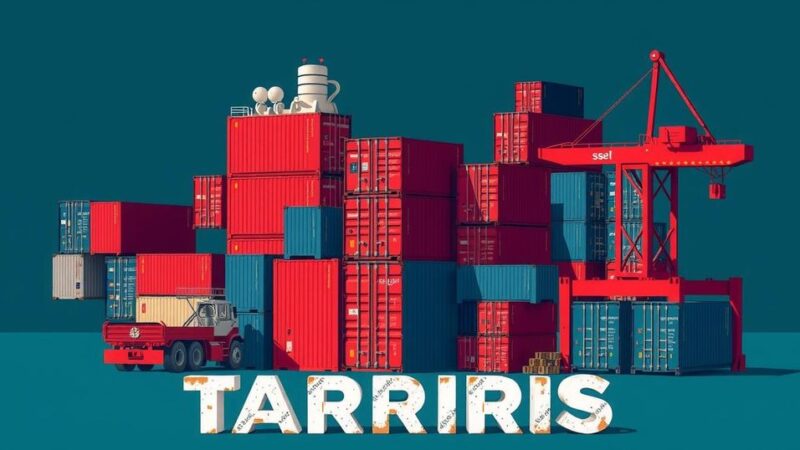The Policy Initiative for Economic Development praised the 2025 budget as progressive, emphasizing the need for effective implementation and corruption prevention. Significant policy changes include removing various levies and allocating funds for education and social initiatives. Finance Minister Dr. Ato Baah Forson stressed the importance of a collaborative effort in executing the budget for economic resilience and equity.
The Policy Initiative for Economic Development (PIED) has characterized the government’s 2025 budget policies as progressive, emphasizing the importance of effective implementation. Dr. Daniel Ameteye Amin-Prempeh, Chief Economist of PIED, noted in an interview that, despite the positivity of the policies, success hinges on minimizing corruption and closing loopholes that have historically impeded progress.
Dr. Amin-Prempeh highlighted that effective execution of revenue and expenditure measures is crucial for achieving necessary stability that will facilitate future growth. Key policy changes proposed in the budget include the elimination of the Electronic Transfer Levy (E-levy), the COVID-19 Levy, and taxation on bet winnings, as well as the cancellation of several other levies affecting various sectors.
Furthermore, significant funding allocations were made to social initiatives, notably GH₵3.5 billion towards the Free Senior High School (Free SHS) initiative and GH₵499.8 million for the No-Academic-Fee policy for first-year public tertiary students. Additionally, the budget ensures support for victims of the Akosombo dam spillage and provides for free sanitary pad distribution to female students, with Dr. Amin-Prempeh advocating for local procurement to benefit Ghanaian businesses.
In his budget address, Finance Minister Dr. Cassiel Ato Baah Forson reaffirmed the government’s commitment to a 24-hour economy aimed at fostering both economic growth and job creation. He concluded by calling upon Parliament, the business community, civil society, investors, and all citizens to support the implementation of the budget’s measures for a resilient and equitable society.
The PIED’s assessment of the 2025 budget indicates a positive step towards progressive policy changes in Ghana, provided that implementation strategies are effective and corruption is minimized. The budget’s substantial allocations for education and disaster relief suggest a commitment to social welfare, while the removal of certain levies signals a focus on economic stimulation. Ongoing collaboration among various stakeholders is essential for the successful execution of these policies, paving the way for future stability and growth.
Original Source: gna.org.gh






